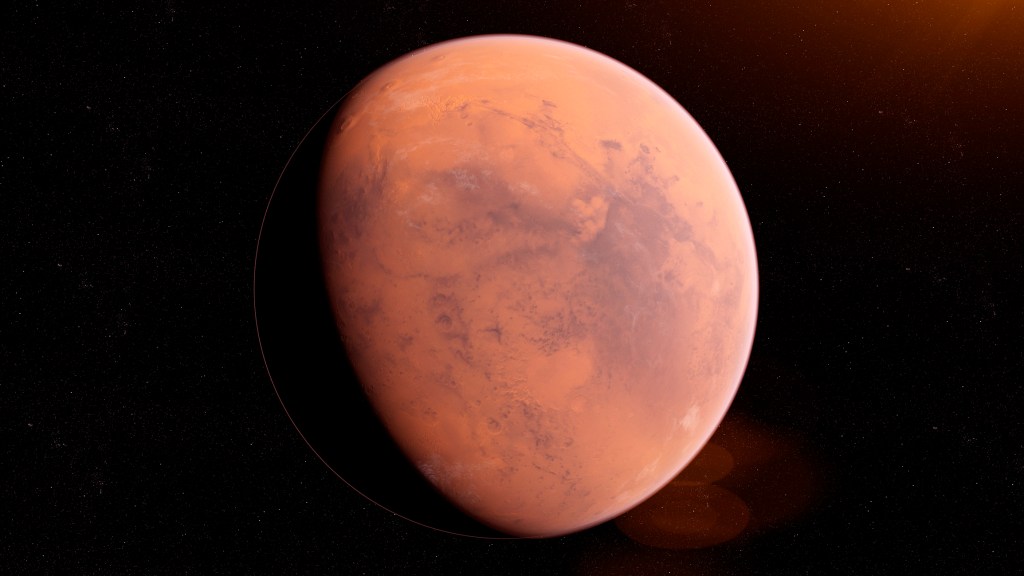Helicity Space has closed a $5 million seed funding to accelerate development of a technology that could finally unlock fast, efficient travel in deep space.
That technology is fusion propulsion, which has long been the domain of science fiction. The startup says that they have discovered a way to use plasma jets for fusion reaction. The project is the brainchild of plasma physicist and Helicity co-founder Setthivoine You; he and the other two co-founders, CEO and former banker Stephane Lintner and former Boeing-Rocketdyne executive Marta Calvo formalized the business in 2018.
Helicity spent several years in stealth, “dotting the i’s and crossing the t’s in terms of what we could do,” Lintner explained in a recent interview. “Fusion is a tainted field and we had to really be certain first before raising VC capital that we were ready for it.”
The Pasadena-based company managed to attract funding from a notable group: Airbus Ventures, the VC arm of the major European aerospace giant; TRE Advisors; Voyager Space Holdings, which is behind the Starlab commercial space station; space firm E2MC Space; Urania Ventures and Gaingels.
Helicity’s main differentiator, according to Lintner, is that they are squarely focused on fusion propulsion, rather than fusion for terrestrial applications. “Everything we do is about pushing a spaceship forward and not generating sustainable grid power,” he explained. In some ways, the former problem is easier than the latter: space is a wonderful vacuum, and that’s exactly the environment that plasma jets require.
“Our concept is uniquely adapted to be useful in space first,” he said. “Over time […] our things could turn into reactors on Earth too, but by then others have probably solved that. That’s not our primary goal.”
The startup’s technology rests on a method called magneto-inertial fusion, which compresses stable plasma jets with a magnetic nozzle. The plasma is heated up to hundreds of millions of degrees and generates a fusion reaction that pushes on the spaceship, propelling it forward.
The startup plans to use the funding to produce a proof-of-concept fusion drive that will demonstrate the fundamental technology at a small scale. On the longer scale, Helicity is looking to have a full prototype flying in space in around 10 years.
Lintner was upfront about the fact that there’s still a lot to de-risk, and much still to learn about the emerging market for fusion drives.
“Look, it’s very early stage,” he said. “As the economy develops in space, our engines are going to become more and more important. The final business model is still a little harder to predict.”































Comment